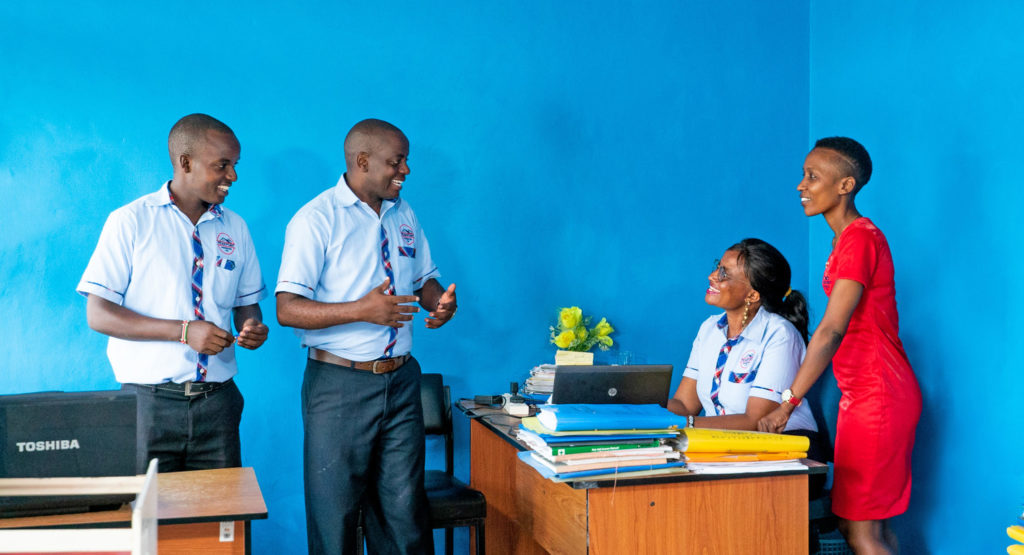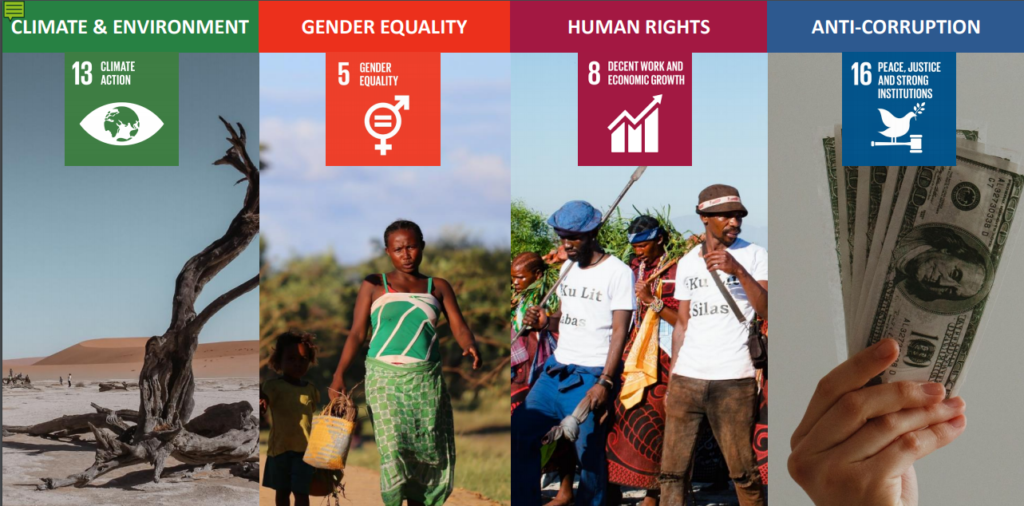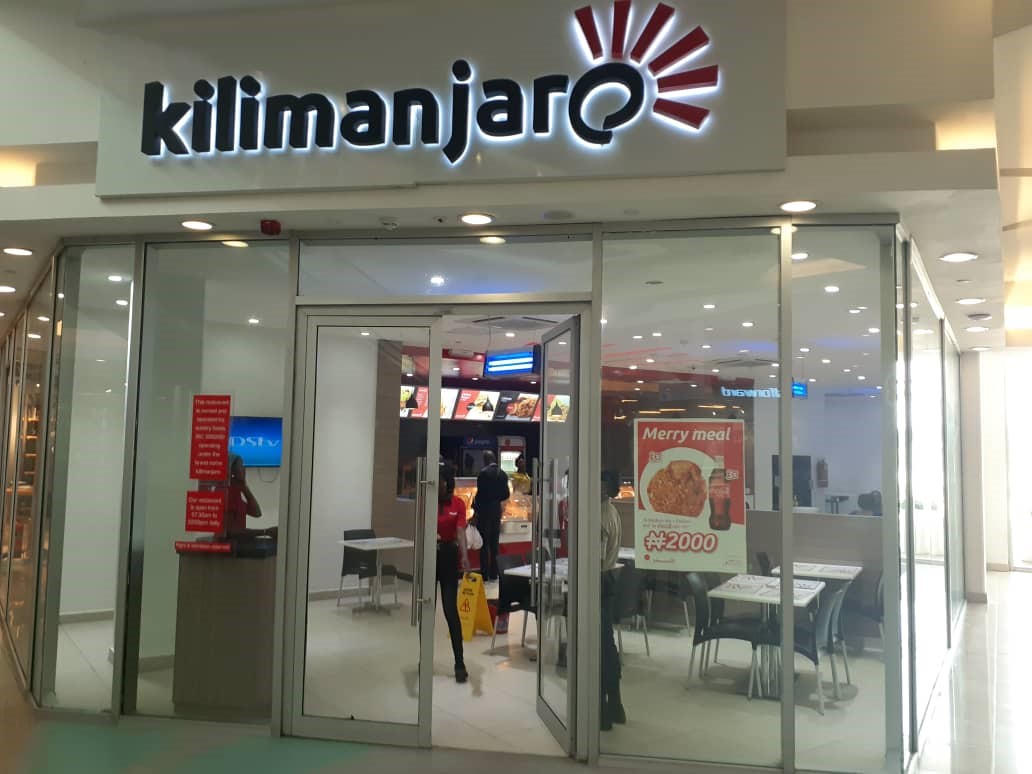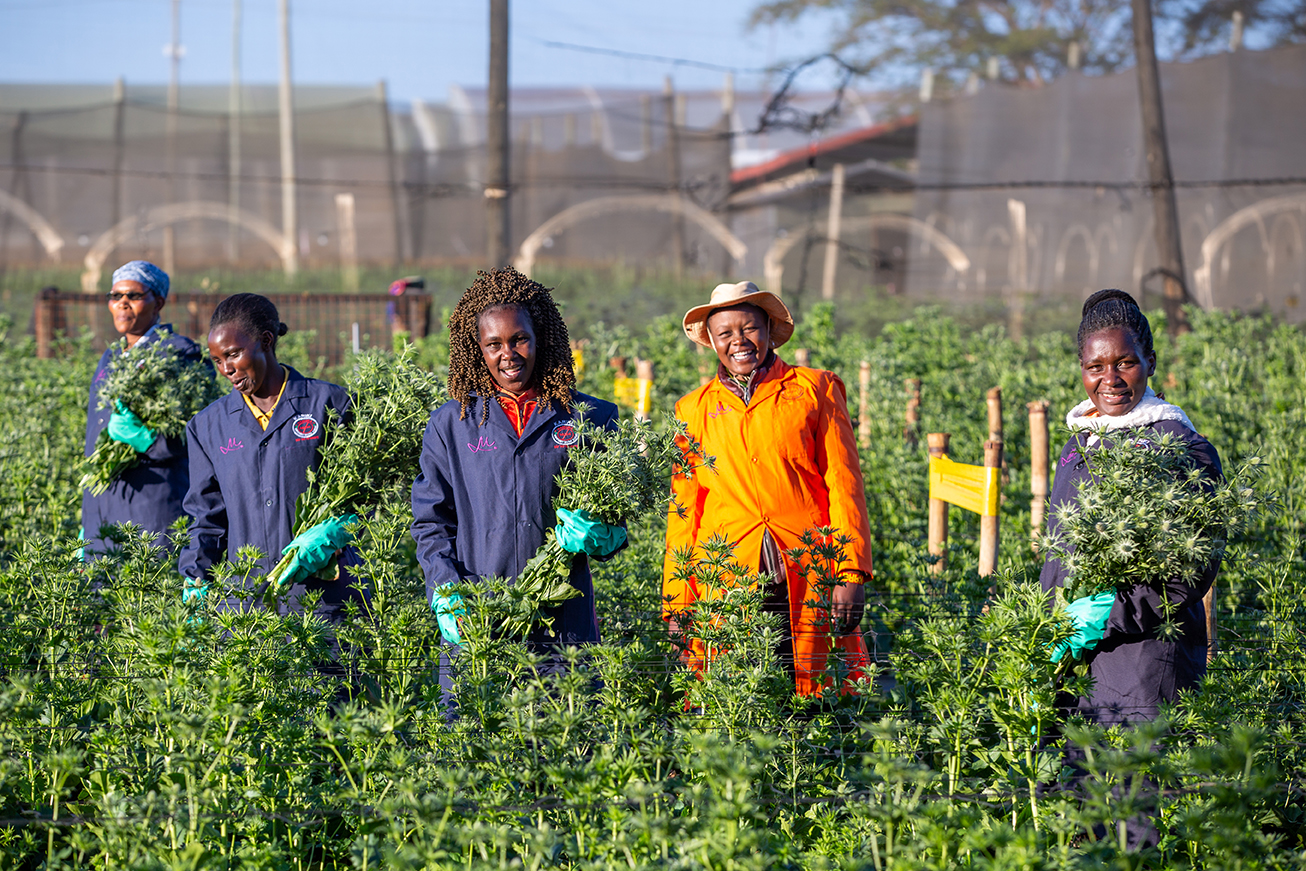Norfund’s mission is to create jobs and to improve lives by investing in businesses that drive sustainable development. Our strategy directs how we work to achieve this.

Optimising impact
To fulfill our mandate efficiently, we focus on countries, sectors and instruments where capital is scarce and our development impact is likely to be strong. Capital is scarce where other investors are reluctant to invest because of high risk. These two criteria – additionality and impact – constitute the backbone of our strategy. Being additional also means adding non-financial value in the form of expertise and active ownership to the investments we make. Through our value-additionality, we can improve both the financial profitability and the development impact of the companies.
The following strategic initiatives are priorities in 2019-2022:
1. Investing in selected business areas
Norfund invests in four areas where the potential for development impact is substantial and that are aligned with the SDGs:
Our investment areas
Access to electricity and capital are crucial infrastructural prerequisites for growing businesses.
Green Infrastructure is a new investment area for Norfund with the aim to improve essential infrastructure in cities and urban areas.
Scalable enterprises are companies with significant potential for growth and job creation.
2. Targeting selected developing countries
Norfund target selected countries where capital is scarce and international investments will have high impact potential.
First priority countries = core countries
Norfund seeks to build a pipeline and make direct investment in 29 core countries. These countries were selected based on three criteria:
- Competence – Norfund has solid market knowledge of and expertise in these countries.
- Additionality – they have considerable investment needs but few alternative investors.
- Attractiveness – each country has sufficient investment opportunities within Norfund’s investment areas.
Secondary priority countries = extended reach countries
In addition to our core target countries, Norfund has selected 20 developing countries that are defined as fragile, or in which partnership opportunities are available through reputable private equity funds, strategic partners or investment platforms.
Furthermore, Norfund prioritises investments in Sub-Saharan Africa and Least Developed Countries (LDCs).
3. Priority instruments
Norfund provides capital in the form of equity, debt and fund investments. Preference is given to equity investments because in most developing countries, this is the scarcest type of capital that enterprises need.
Although preference is given to equity investments, we aim to increase the share of investments made through funds and loans. Investing in funds via trusted and skilled partners is an efficient way for Norfund to provide risk capital. By working closely with investees and fund managers, we contribute actively to improving company governance and performance.
For financial institutions, access to credit is critical for financing growth and managing liquidity. Our provision of debt to financial institutions increases the ability of companies to provide loans to clients. Debt investments also help diversify Norfund’s portfolio, both in terms of risk and capital reflows.
4. Greenfield investments
Norfund’s investments in new enterprises are called “greenfield investments”. Starting new enterprises can be risky, and attracting capital can be challenging. Norfund can accept higher levels of political and financial risks than many other investors. However, we seek to limit our exposure to technology related risks when making direct investments. In other words, Norfund prefers to invest in proven, well-functioning technologies.
5. Circulating capital for increased additionality
Circulating capital strengthens our ability to fulfill our mandate because it releases capital for new investments. Norfund uses an active, structured and planned approach when exiting companies (for example, through sales, mergers and initial public offerings (IPOs)). Going forward, we aim to circulate more capital, bringing in private investors when exiting from companies. This will allow us to deploy the released capital in other investments in which we can be additional.
6. Being a responsible investor
Investment expertise
To succeed as an investor, Norfund continuously builds and develops the expertise needed to invest and manage risks. This includes in-depth knowledge of traditional financial risks, as well as ESG (environmental, social and governance) and integrity issues. We strive to have a thorough understanding of the business environments and sectors in each of our target countries, as well as the systems and governance practices affecting them. Norfund therefore recruits employees both in, and from, our target countries and regions. In our role as an active owner, we recruit experienced external and internal board members to represent us in our investment companies.
Cross-cutting issues
Norway has defined four cross-cutting areas of concern that needs to be considered in all development assistance projects; Climate & Environment, Gender Equality, Human Rights and Corruption Prevention.

As a responsible investor, Norfund adheres to international performance standards. When we undertake investments, we conduct assessments in the above mentioned cross-cutting areas. The Environmental and Social Performance Standards of the World Bank’s International Finance Corporation (IFC) provide the basis for these assessments. These often stipulates compliance requirements above those that are general practice.
In many of the countries in which we invest, employment and environmental laws, rules and protections may be poorly implemented. Protections for vulnerable populations may also be weak. Norfund therefore requires all our investees to be willing to comply with the IFC’s Standards.
Although we don’t expect our investment companies to be compliant at the time of investment, we require an action plan that maps out how they will ensure compliance over time.


